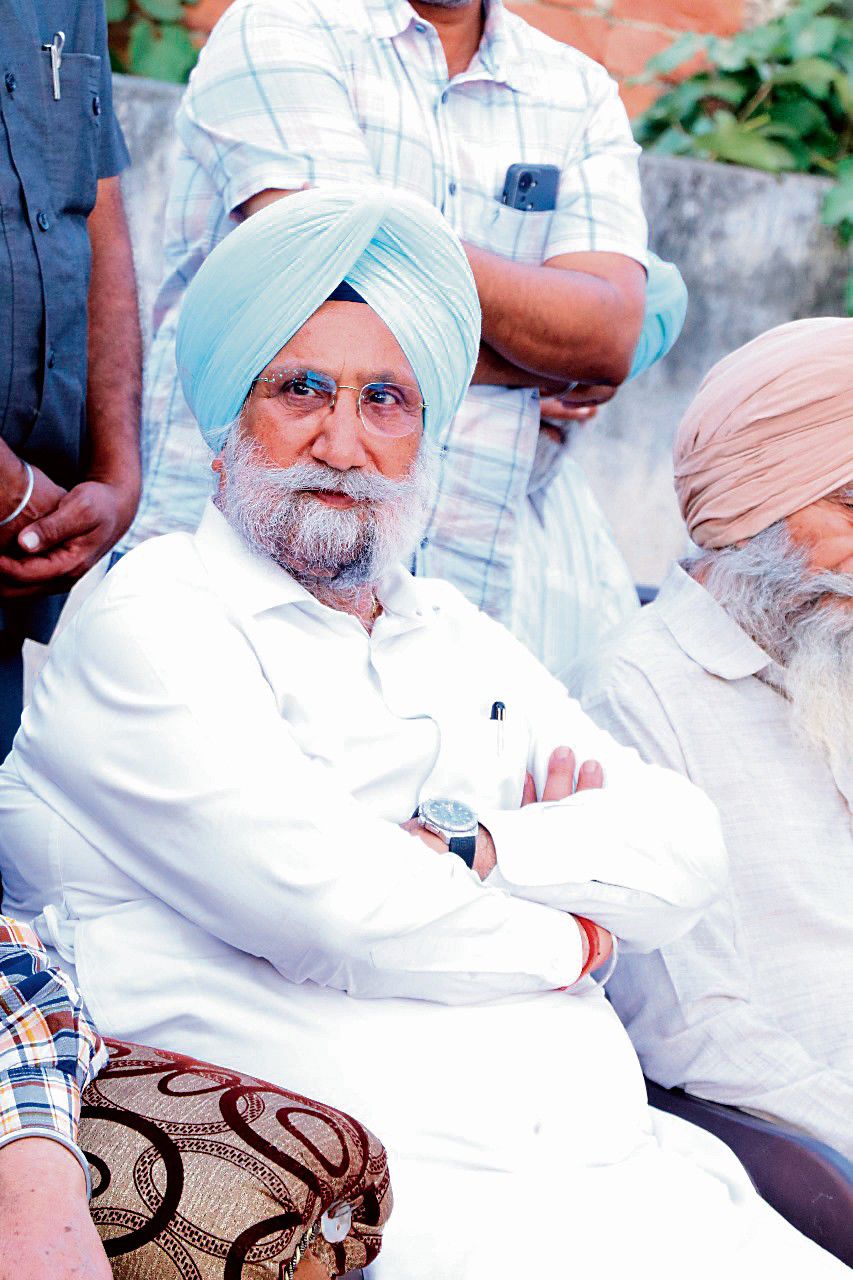Gurdaspur MP-elect Sukhjinder Singh Randhawa vows to tackle drone threat on priority
Ravi Dhaliwal
Gurdaspur, June 23
Congress MP-elect from Gurdaspur Sukhjinder Singh Randhawa is bracing himself up to face this border constituency’s numerous challenges many of which, in fact, have been hanging fire for the past several decades.
He said the problem pertaining to the ever-increasing threat of drones being pushed in by Pakistani state and non-state actors requires a highly pragmatic approach. “These contraptions carry payloads of the dreaded heroin. The fine particles of this white powder are responsible for causing devastation and destruction of local youth in a big way,” he said.
Randhawa agreed that the problem has assumed Kafkaesque proportions. “It is high time the scourge is nipped in the bud,” he said. The MP said he plans to convene a meeting of the security agencies to find a resolution once he was in the saddle.
Reviving the 160-year-old once world famous Dhariwal Woollen Mills is out of question as its controlling authority — the Textiles Ministry —claims “it has outlived its utility.” The MP will have to decide what to do about the mill’s prime land lying in a state of disuse.
He will have to talk to the industrialist lobby to see if a big-ticket project, like setting up an employment generating railway component manufacturing unit, is a practical solution. A lot of emotions are attached with the mill as it has provided livelihood to generation after generation of residents.
Bringing in a medical college-cum-hospital is also on his agenda because there is no such institution in the entire constituency. Randhawa said he knew that nearly 1,600 acres of prime panchayat land was lying vacant in Kalanaur, right on the Gurdaspur-Dera Baba Nanak highway.
However, there is a catch. Randhawa is an Opposition MP. Hence, he will have to work extremely hard to revive old units or bring in new ones particularly those requiring intervention of the BJP-led government.
In the eventuality of a war, the Army at Tibri cantonment will be using a part of the Gurdaspur-Mukerian road to move equipment and manpower to its designated destination of Dera Baba Nanak, 35 km away. This road needs to be converted into a four-lane one.
A rail link between Gurdaspur and Mukerian, a long-pending demand of commuters, should be accorded top priority. The completion of the Beas-Qadian railway link, a project first approved in 1928, remains incomplete to this day. Funding is also required to sustain Keshopur Chambh, one of India’s biggest wetlands. “Otherwise its very survival will be at stake,” Randhawa said.









